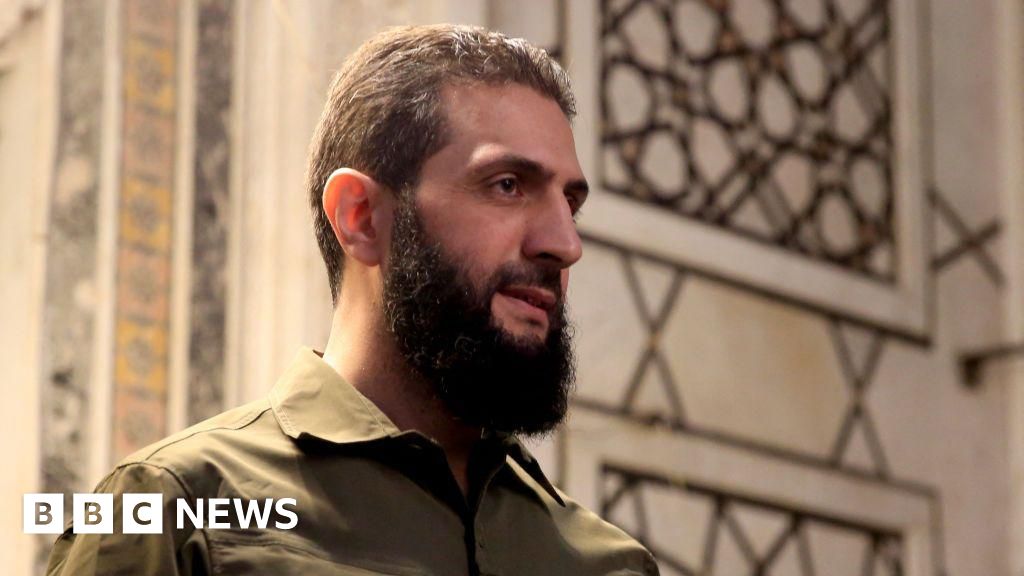- The Australian airline Qantas is under fire from the country’s competition regulator.
- It’s accusing Qantas of continuing to sell tickets for 8,000 flights that had been cancelled.
- And it’s seeking a record-breaking fine in the hundreds of millions of dollars, per Reuters.
Qantas could be fined hundreds of millions of dollars for selling tickets for thousands of flights that had already been cancelled if regulators get their way, Reuters reported.
The Australian Competition and Consumer Commission announced Thursday that it was taking the airline to court, accusing it of engaging in false, misleading, or deceptive conduct.
The ACCC alleges that the Australian flag-carrier kept selling tickets for more than 8,000 flights between May and July 2022, for an average of more than two weeks after they were cancelled.
It also said that, for over 10,000 flights across the same period, Qantas didn’t tell ticket holders their flights had been canceled for an average of 18 days. And in some cases, people weren’t told about the cancellations until 48 days afterwards, according to the ACCC.
That amounts to 70% of cancelled Qantas flights where tickets were still sold or ticket holders weren’t told for at least two days after the cancelation, the regulator said.
Gina Cass-Gottlieb, the ACCC chair, said this likely affected the travel plans of tens of thousands of people, and “left customers with less time to make alternative arrangements and may have led to them paying higher prices.”
According to Reuters, Cass-Gottlieb said the ACCC would seek a fine that was “signficantly more” than the record $81 million Volkswagen was fined in 2019 — in relation to its emissions scandal where it cheated tests that identified harmful exhaust fumes.
“We think the penalty should be in hundreds of millions, not tens of millions”, she added, per Reuters. “We would want to get more than twice that figure.”
Qantas did not immediately respond to Insider’s request for comment, sent outside Australian working hours. It told Reuters that it would review the allegations made by the ACCC and respond to them in court.
- The Australian airline Qantas is under fire from the country’s competition regulator.
- It’s accusing Qantas of continuing to sell tickets for 8,000 flights that had been cancelled.
- And it’s seeking a record-breaking fine in the hundreds of millions of dollars, per Reuters.
Qantas could be fined hundreds of millions of dollars for selling tickets for thousands of flights that had already been cancelled if regulators get their way, Reuters reported.
The Australian Competition and Consumer Commission announced Thursday that it was taking the airline to court, accusing it of engaging in false, misleading, or deceptive conduct.
The ACCC alleges that the Australian flag-carrier kept selling tickets for more than 8,000 flights between May and July 2022, for an average of more than two weeks after they were cancelled.
It also said that, for over 10,000 flights across the same period, Qantas didn’t tell ticket holders their flights had been canceled for an average of 18 days. And in some cases, people weren’t told about the cancellations until 48 days afterwards, according to the ACCC.
That amounts to 70% of cancelled Qantas flights where tickets were still sold or ticket holders weren’t told for at least two days after the cancelation, the regulator said.
Gina Cass-Gottlieb, the ACCC chair, said this likely affected the travel plans of tens of thousands of people, and “left customers with less time to make alternative arrangements and may have led to them paying higher prices.”
According to Reuters, Cass-Gottlieb said the ACCC would seek a fine that was “signficantly more” than the record $81 million Volkswagen was fined in 2019 — in relation to its emissions scandal where it cheated tests that identified harmful exhaust fumes.
“We think the penalty should be in hundreds of millions, not tens of millions”, she added, per Reuters. “We would want to get more than twice that figure.”
Qantas did not immediately respond to Insider’s request for comment, sent outside Australian working hours. It told Reuters that it would review the allegations made by the ACCC and respond to them in court.




